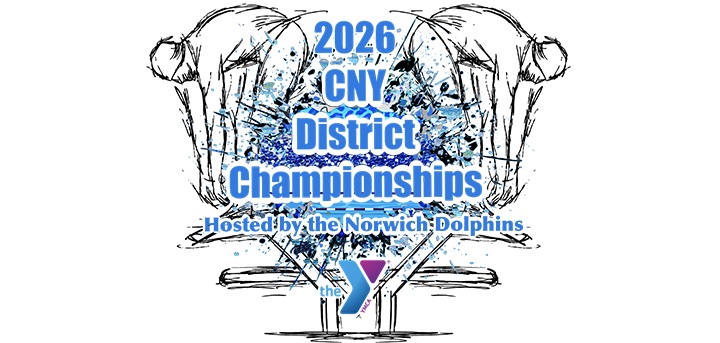Branded with a scarlet ‘M’
By Cokie Roberts and Steven V. Roberts
John McCain, an Arizona Republican, was talking about his friend, Joe Lieberman, a Connecticut Democrat. “I hesitate to say anything nice about him, for fear that it would be used against him,” cracked McCain. “And that’s a terrible commentary on the state of politics and the political climate today.”
McCain’s right, and he has the same problem. Democrats hesitate to say nice things about their pal from Arizona, afraid their words will be thrown in his face if he runs for the Republican nomination in 2008. And that is a “terrible commentary,” because it violates the essential spirit of American politics – pragmatic consensus building between two broadly based parties that represent different viewpoints but search for common solutions.
The “political climate today” differs sharply from that spirit. Lieberman is facing a fierce fight in the Democratic primary next week because his party’s liberal base says he’s far too willing to support President Bush on the Iraq war, and work with Republicans like McCain on domestic issues.
Bipartisanship is seen, by the extremes in both parties, as betrayal. Compromise, the most valuable word in the political language, is used as a damning epithet. And while the attempt to purge Lieberman is the most visible reflection of this mentality, it’s hardly the only one.










Comments